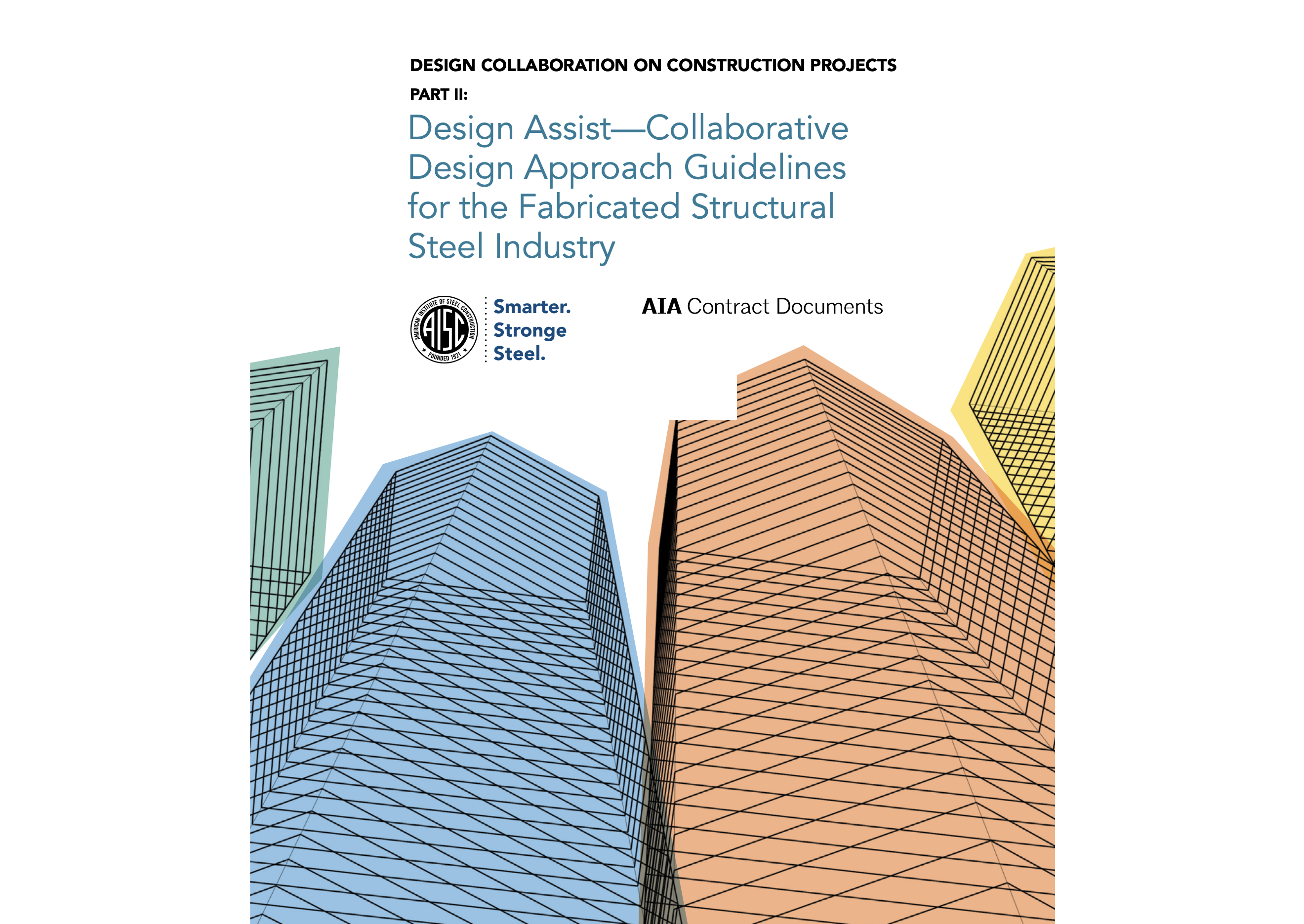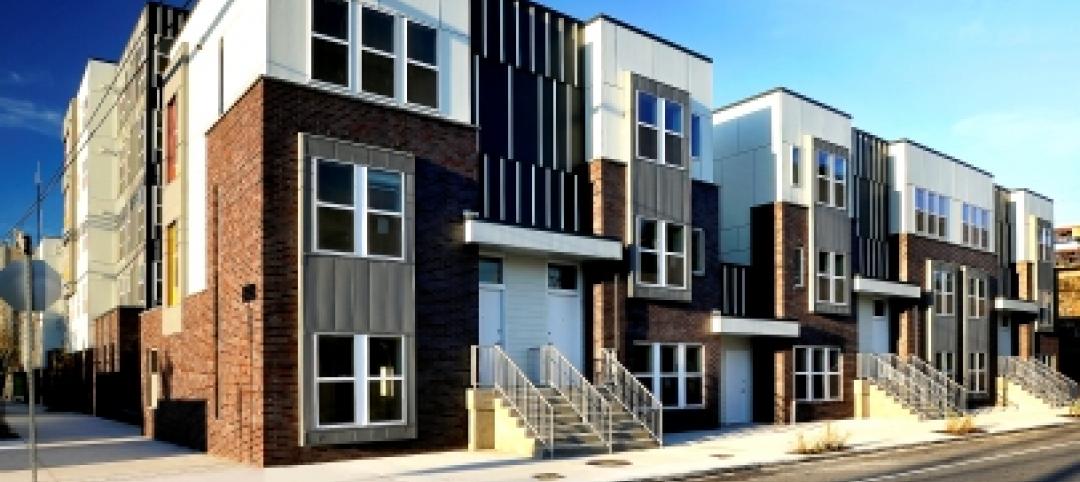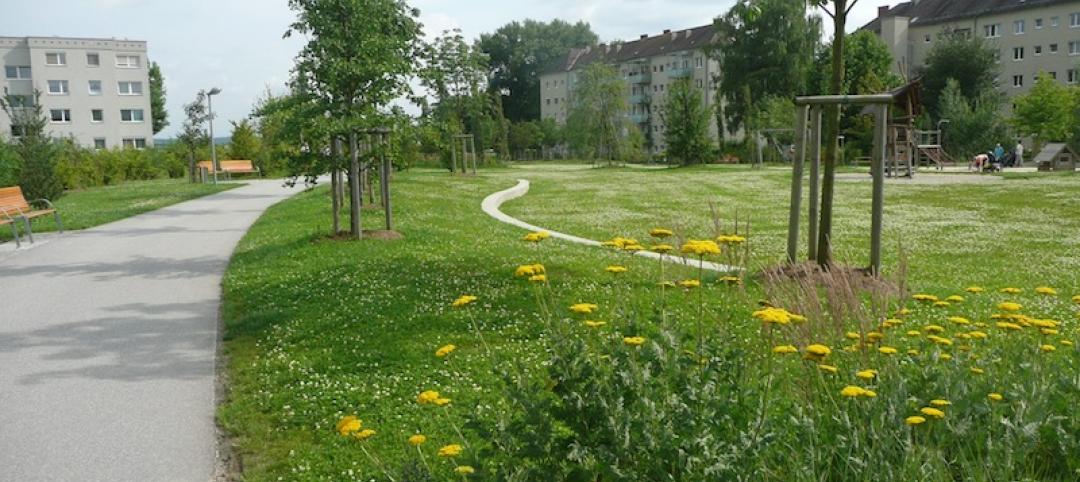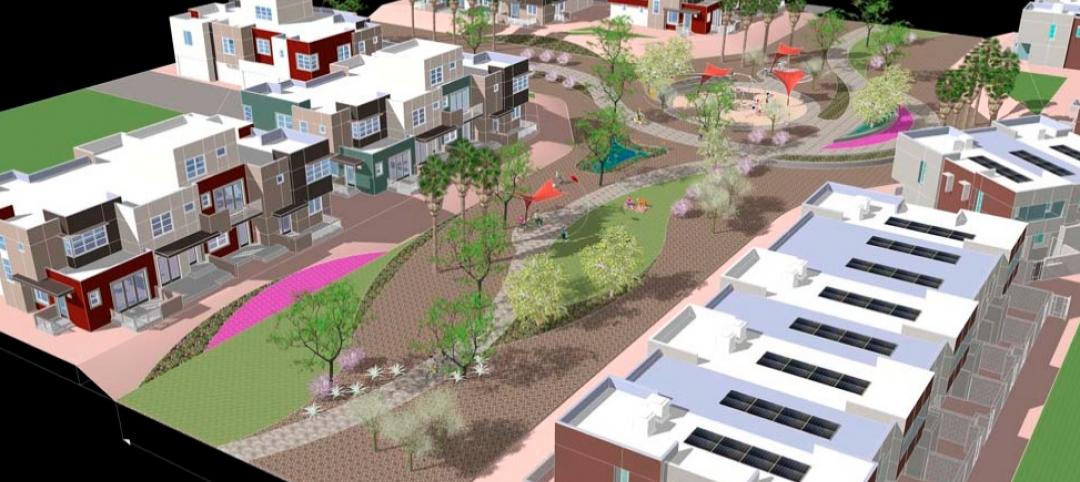The American Institute of Steel Construction and AIA Contract Documents have released the second part of a document intended to provide guidance for three common collaboration strategies.
The document, Design Assist: Collaborative Design Approach Guidelines for the Fabricated Structural Steel Industry, is a follow-up to part one, Delegated Design, Design Assist, and Informal Involvement: What does it all mean?
The strategies covered are informal involvement, design assist, and delegated design. Part II focuses on the implementation of design assist in the fabricated structural steel industry. The document describes the roles and responsibilities of various project participants and provides general guidelines about applying those strategies to fabricated structural steel projects.
“Great teams drive great projects—and great teams rely on clear communication,” said Babette Freund, vice president of special projects, Dave Steel Company, Inc., and chair of AISC’s Code of Standard Practice Committee. “This paper aims to help project teams use design assist strategies to meet a defined project schedule and budget while minimizing the costs and disruptions that might arise from team misalignments.”
How AISC defines design assist for the structural steel industry
According to the guidelines, design assist is, "A form of collaboration where a structural steel fabricator and/or erector (or a fabricator/erector team under one contract, depending on project circumstances) provides information under a contract with the owner or other party as designated by the owner, to assist a structural engineer of record (SER) and other designated members of the design assist team with the design of the structural steel for buildings or building-like structures."
Related Stories
| Jan 8, 2014
Architect sentenced to a year in jail for firefighter's death
Architect Gerhard Becker was sentenced to a year in LA county jail after pleading no contest to the manslaughter of a firefighter who died while trying to contain a fire in a home the architect had designed for himself.
| Jan 8, 2014
United Association, NRDC seek major plumbing code changes
Proposed changes include mandating the insulation of hot water piping in new buildings.
| Jan 2, 2014
EPA move to assert oversight on small bodies of water among top regulatory battles for 2014
The EPA has started the process of declaring that it has the power to regulate streams, brooks, and small ponds.
| Jan 2, 2014
Paseo Verde in Philadelphia is nation’s first LEED Platinum neighborhood development
Paseo Verde, a mixed-use, mixed-income community hosted a ribbon cutting ceremony last month.
| Jan 2, 2014
Green infrastructure prominent in Akron, Ohio's sewer plans
City officials in Akron, Ohio want to prevent stormwater from entering its combined sewer system through the use of green infrastructure.
| Jan 2, 2014
OSHA to hold public meeting on proposed rule to improve tracking of workplace injuries
The Occupational Safety and Health Administration (OSHA) has scheduled a public meeting to allow interested parties to comment on the proposed rule to improve tracking of workplace injuries and illnesses.
| Jan 2, 2014
Measuring whole building energy use among big changes in LEED v4
A new prerequisite in LEED v4 calls for each project to measure whole building energy use, and then share that data with USGBC.
| Jan 1, 2014
San Francisco hosts Net Positive Energy + Water Conference
The Living Building Challenge’s Net Positive Energy + Water Conference will be held Feb. 4-5 in San Francisco.
| Dec 27, 2013
California’s new Title 24 energy code compliance date pushed back to July 1, 2014
Due to the stringency of the provisions in California’s new Title 24 energy codes, their implementation has been postponed until July 1, 2014 to allow jurisdictions and engineers to prepare for them.
| Dec 27, 2013
$1 billion 'city within a city' development approved by Coachella, Calif., city council
The mega development includes 7,800 homes, a retail center, office space, and nearly 350 acres of open space.

















